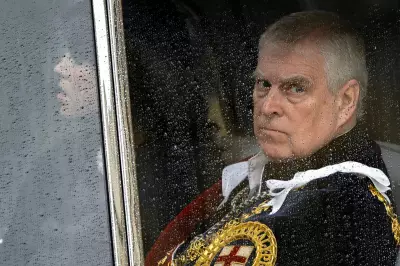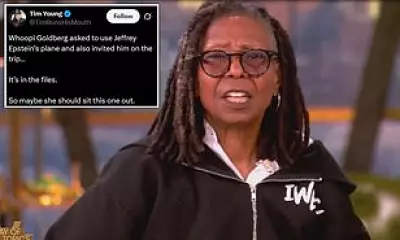
The British broadcasting world mourns the loss of one of its most innovative figures, Joanna Clarke-Jones, who passed away peacefully at 86. A visionary producer whose career spanned four decades, Clarke-Jones revolutionised how science and technology were presented on television, making complex subjects accessible and thrilling for millions of viewers.
Her most celebrated achievement was her transformative work on the beloved astronomy programme 'The Sky at Night', presented by the legendary Sir Patrick Moore. Clarke-Jones didn't just produce the show; she reinvented it for a new generation. She introduced breathtaking location filming, from the deserts of Arizona to the observatories of Chile, turning stargazing into a prime-time adventure. Her partnership with Moore became the stuff of broadcasting legend, creating a programme that ran for an astonishing 55 years.
But her influence extended far beyond astronomy. Clarke-Jones was the creative force behind 'Tomorrow's World', the iconic BBC programme that brought the future into the nation's living rooms. With her keen eye for storytelling, she transformed dry technological demonstrations into compelling narratives of human progress, forecasting everything from the mobile phone to the internet long before they became commonplace.
Born in London in 1939, Clarke-Jones's path to broadcasting was anything but conventional. After studying physics at university—a rarity for women at the time—she joined the BBC as a trainee, quickly rising through the ranks in a male-dominated industry through sheer talent and determination. Colleagues remember her as a formidable yet deeply compassionate leader, known for her exacting standards and unwavering support for her teams.
Her career wasn't confined to the BBC. She brought her innovative spirit to ITV, where she continued to create groundbreaking programming. Even in retirement, she remained a passionate advocate for science education and women in broadcasting, mentoring countless young producers who would follow in her footsteps.
Joanna Clarke-Jones is survived by her two children and four grandchildren. Her legacy is not just the programmes she created, but the millions of viewers she inspired to look up at the stars and wonder about the future. She didn't just report on science and technology; she made the British public fall in love with them.





